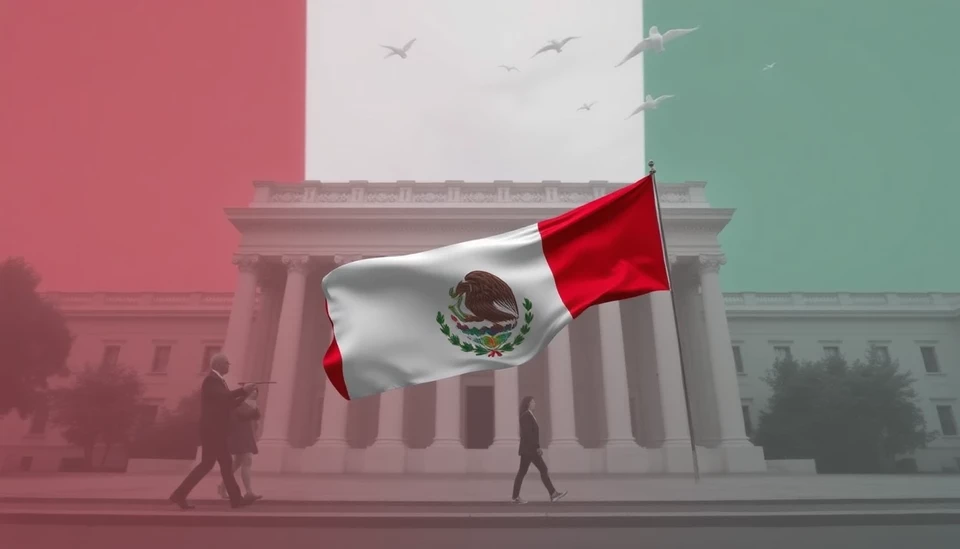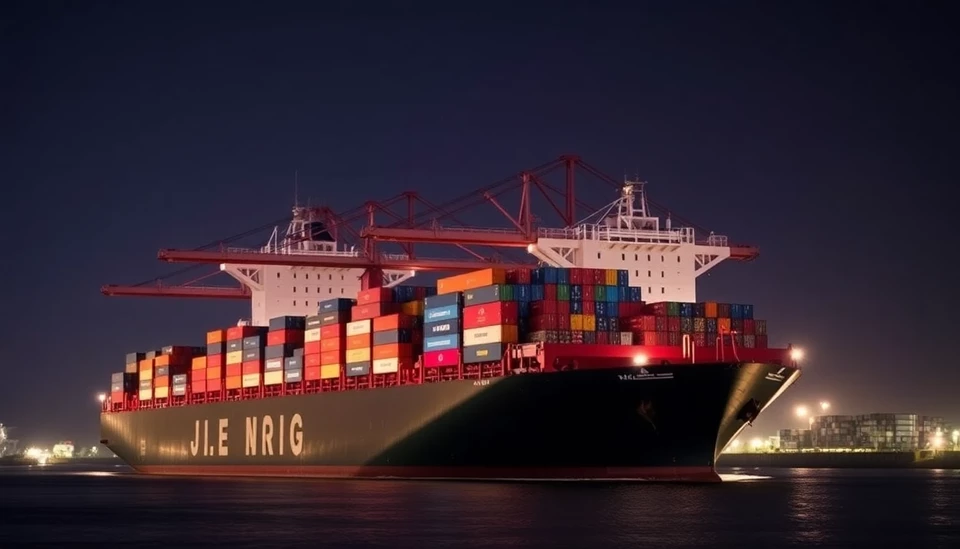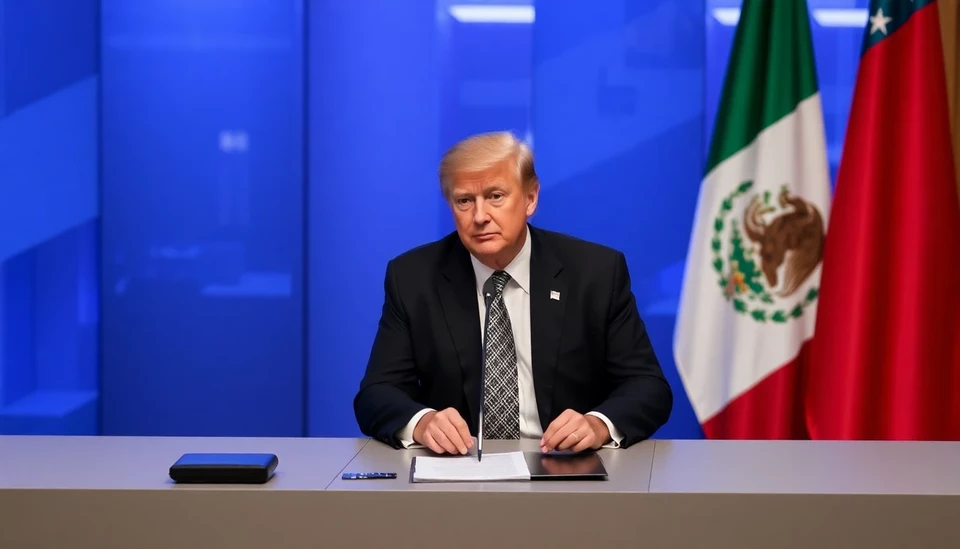
In a significant diplomatic maneuver, the Mexican government is reaching out for preferential tariff treatment from the Trump administration, emphasizing the strong economic ties between the two nations. As trade tensions linger and economic recovery remains a pressing concern post-pandemic, Mexico's request seeks to bolster its position in the evolving landscape of U.S.-Mexico relations.
Mexico's urgency stems from a variety of factors, including the ongoing repercussions of the global health crisis and fluctuating trade conditions. The call for preferential treatment is not just a negotiation tactic; it highlights Mexico’s reliance on exports to the United States and the potential impacts tariffs could have on its economy. By advocating for lower tariffs, Mexican officials hope to mitigate trade barriers and ensure continued access to one of its most vital markets.
Recent meetings between Mexican diplomats and U.S. trade officials suggest a collaborative effort to address mutual interests, focusing on economic stability in both countries. This outreach comes at a crucial time, where competitive pressures from other nations could jeopardize Mexico's export economy if tariffs rise.
In response to these developments, experts have noted that maintaining favorable tariff conditions would not only benefit Mexico but also the U.S. economy. A seamless flow of goods between the two countries is essential, particularly in industries where Mexico plays a critical role in the supply chain, such as automotive and electronics manufacturing. This interconnectedness is vital for both nations' economic health.
The current political climate presents an additional layer of complexity. With electoral shifts and changing administration policies looming on the horizon, the urgency of these negotiations is compounded. The potential for increased tariffs under a shifting political landscape poses significant risks to Mexico’s economic stability, making their plea for preferential treatment all the more important.
As talks continue, stakeholders from both sides of the border remain alert. U.S. manufacturers, who rely on Mexican imports for their production, are also advocating for tariff reductions. Many recognize that higher tariffs could stifle growth and lead to increased costs for consumers in the U.S., further complicating the matter.
Ultimately, Mexico’s proactive stance in seeking favorable tariff arrangements indicates its commitment to nurturing the long-term partnership with the U.S. This strategic approach not only aims to protect Mexico's economic interests but also fosters a collaborative environment that can yield benefits for both countries in the context of a challenging global economic landscape.
As negotiations progress, all eyes will be on the outcomes of these discussions, which could set the tone for North American trade relations in the coming years, ensuring economic prosperity and stability in a time of uncertainty.
#Mexico #Tariffs #TradeRelations #USEconomy #Diplomacy #EconomicStability #NAFTA #BilateralTrade
Author: Daniel Foster




